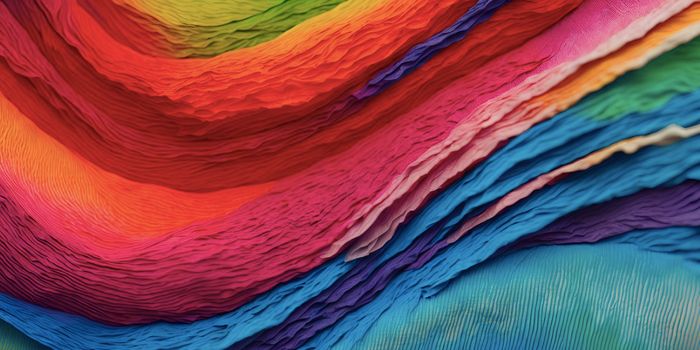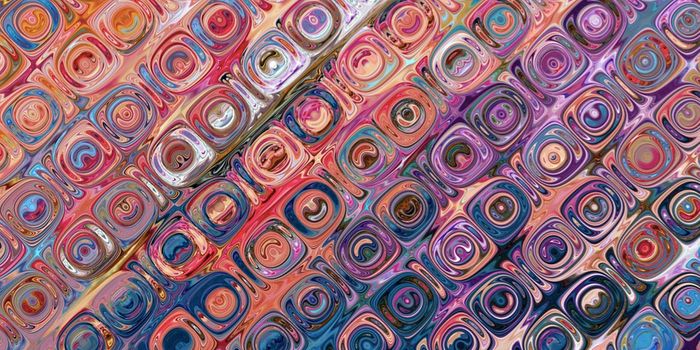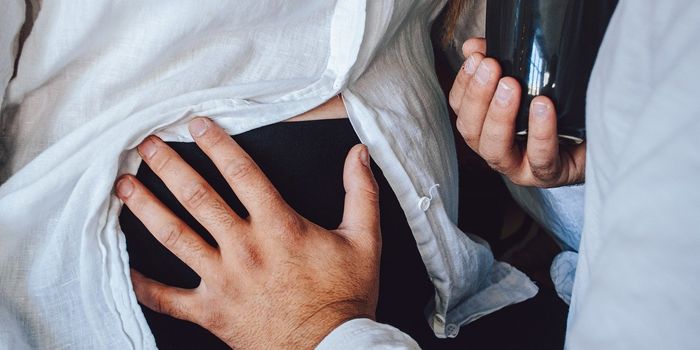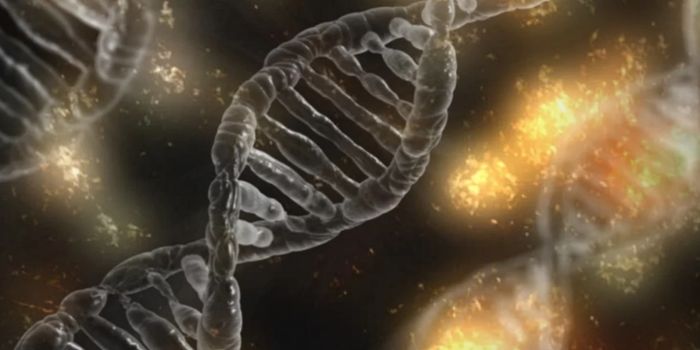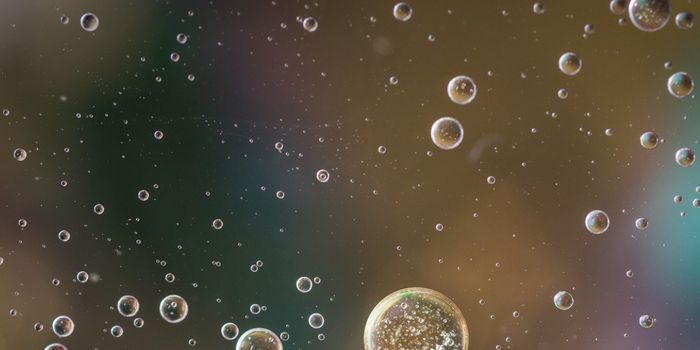Why Some Young, Healthy People Get Severe COVID-19
Since the start of the pandemic, scientists have been trying to find out why some people get such severe illness when they are exposed to SARS-CoV-2 and others are only mildly affected. There are many potential reasons and explanations, some of which clinicians are now confident in; for example, we know that older people are at high risk for serious cases. One reason for that is the immune systems of older people don't function as well as those of the young, so they aren't as good at fighting the infection. Preexisting conditions also increase the risk of a bad case of COVID-19.
But some young, healthy people get really sick from COVID-19 too. Scientists have now found that around ten percent of them are producing antibodies that don't attack the virus, they attack the immune system instead. An additional three and a half percent carry a specific type of genetic mutation. In both cases, a set of seventeen proteins called type I interferon is lacking. These proteins are meant to protect the body's cells from viral infection. When disrupted, the proteins, which in the case of these patients are either knocked out by autoimmunity or faulty because of genetics, are a common thread in some young and otherwise healthy COVID-19 patients.
"These findings provide compelling evidence that the disruption of type I interferon is often the cause of life-threatening COVID-19," said Jean-Laurent Casanova, head of the St. Giles Laboratory of Human Genetics of Infectious Diseases at The Rockefeller University and a Howard Hughes Medical Institute investigator. "And at least in theory, such interferon problems could be treated with existing medications and interventions."
The findings have been reported in two papers in Science. The work may help explain why more men die from COVID-19 than women, and why some people end up with a bad case, even though they are in an age group that is considered low-risk for severe illness.
This research is the first work reported by the COVID Human Genetic Effort, an international project that includes more than 50 labs and hundreds of hospitals in Asia, Europe, Latin America, and the Middle East; it's co-led by Casanova and Helen Su at the National Institute of Allergy and Infectious Diseases. "COVID-19 may now be the best understood acute infectious disease in terms of having a molecular and genetic explanation for nearly fifteen percent of critical cases across diverse ancestries," Casanova said.
An initial study of the genetics of COVID-19 patients, including 650 that had been hospitalized with life-threatening illness, fourteen percent of which had died, showed that there was a problem with type I interferons in a significant number of people with severe disease.
Follow up work led by Rockefeller's Charles M. Rice indicated that in a human cell culture model, SARS-CoV-2 infections had a worse effect on fibroblasts that carried mutations in genes that relate to type I interferons.
An assessment of people 987 with life-threatening cases of COVID-19 pneumonia showed that over ten percent had auto-antibodies against interferons at the start of their infection, and 95 percent of them were men. These autoantibodies are thought to be relatively rare in the general population, however; only four out of 1,227 randomly selected, healthy people had them.
"All of these findings strongly indicate that these auto-antibodies are actually the underlying reason some people get very sick and not the consequence of the infection," Casanova said.
This work may help create better treatments for these cases, like drugs that act as interferons. The team is continuing to search for genetic variations that may influence the severity of COVID-19 cases or the immune response to the infection.
Sources: AAAS/Eurekalert! via Rockefeller University, Zhang et al Science 2020, Bastard et al Science 2020


